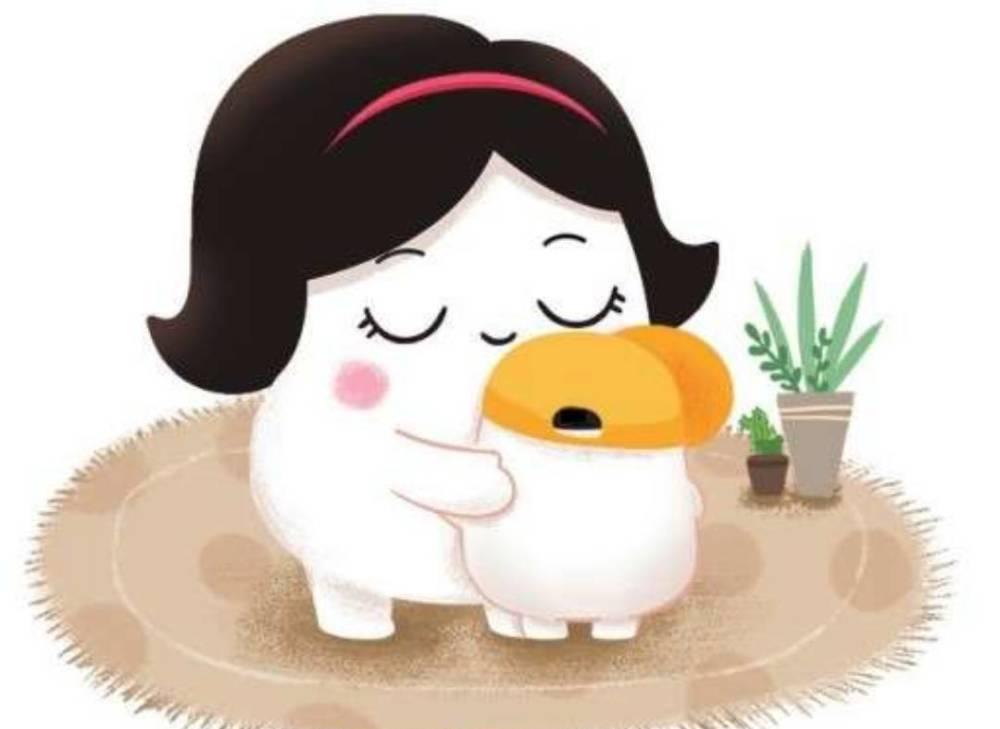The return of mothers to work and the fact that their children are about to enter kindergarten mean that parents will face a major challenge – separation anxiety.
In the face of children's crying when separating, many parents usually do this -
1. Slip away quietly. This is probably the most commonly used, taking advantage of the free time to stuff the crying child to the elderly with children, and the mother looks for an opportunity to flash immediately.
2. "Bribe" with gifts. Tell your child to buy him a small cake after work in a while and tell him not to cry.
3. Tell the big truth and secretly "put pressure" on the child. "How can I buy you toys when I don't go to work?" "How can I support you without making money?"
But these temporary distractions or forced acceptances do not allow children to truly understand that separation is temporary and that they are safe. The resulting long-term anxiety will not only affect the child's sense of security, but also cause his physiological stress response, which will affect immunity to a certain extent.

There is an article on the Internet that the biggest "separation anxiety" in the life of young children is generated in kindergarten.
For a toddler, separation from his parents is a major challenge, and it is also the first "psychological weaning period" that he is bound to go through.
When the mother returns to the workplace and the child is about to enter the kindergarten, how should the parents deal with the child's separation anxiety?
Mom Rice Cake tells us in "Your Parent-Child Relationship Is Worth Tens of Millions" that the simplest, clearest, most effective, and more versatile way to deal with your child's separation anxiety and let your child get emotional support is the "three-step method".
The first step, no matter how difficult, must be a formal farewell to the child. "Mom/Dad won't suddenly disappear" is a more reassuring feeling for the child.
The second step is to try to say how your child feels.
For example, "I know you're a little uncomfortable right now, but Mom has her own job to do and I'll be home on time at six o'clock in the afternoon."
The third step, "keep your promise", go home on time and accompany your children.
For children with severe separation anxiety, rice cake mothers recommend using a "game" method to solve.
Dr. Cohen, the founder of Playforce Parenting and an American, has a case: there is a boy who has severe separation anxiety after going to kindergarten and will cry in kindergarten for a morning. His mother responded with a way to deal with it: playing the "school game" at home.
Preparation: LEGO or bricks
Duration: 15 minutes
process:
1. The mother first accompanies the baby to build a "home" with Lego or bricks.
2. Find two character dolls, the mother takes one, the baby takes one.
3. Mom and baby use toy props to play real-life roles in the "home" built by bricks or Lego.
In the game, the role played by the mother is to say goodbye to the character played by the baby.
4. In the game the mother guides the child to say: "Mom, I don't want you to go!" ”
5. The mother first calms and identifies with the baby's emotions, and can also take the toy little person in her hand and simulate saying goodbye to the toy little person in the baby's hand.
6. Mom had to end the farewell ceremony with a big hug. After the hug, the mother will really leave Oh, don't feel reluctant to go back, this will only deepen the baby's confusion.
In the process of play, let the child slowly find the balance between "being with the mother" and "separating from the mother", which is what we call the balance between connection and independence. After a few such games, the child will gradually adapt to the life of kindergarten.
This is a classic example of fully meeting the needs of children's connection through play.
As a parent, to help the child complete the "psychological weaning", the most important thing is to give the child full emotional attention and respond in a timely and positive manner when he needs it. Usually, the "emotional account" is sufficient, so that there is a sufficient consumption quota in the face of temporary arrears.